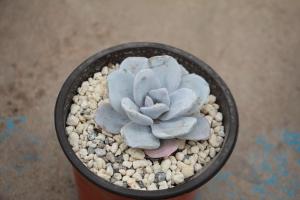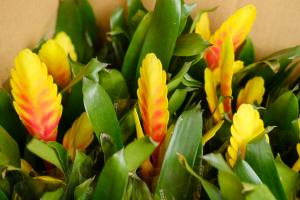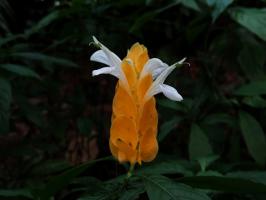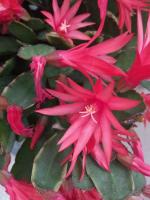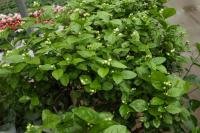1、 Curing method
1. Temperature: Saussurea involucrata is suitable for growing in a cool environment. Its cold resistance is very strong. It can withstand extremely harsh growth environment and grow intact in extreme cold weather. This is also its unique place. However, it also has a temperature suitable for growth, which is between 15 ℃ and 25 ℃, so it can be used for reference in artificial breeding
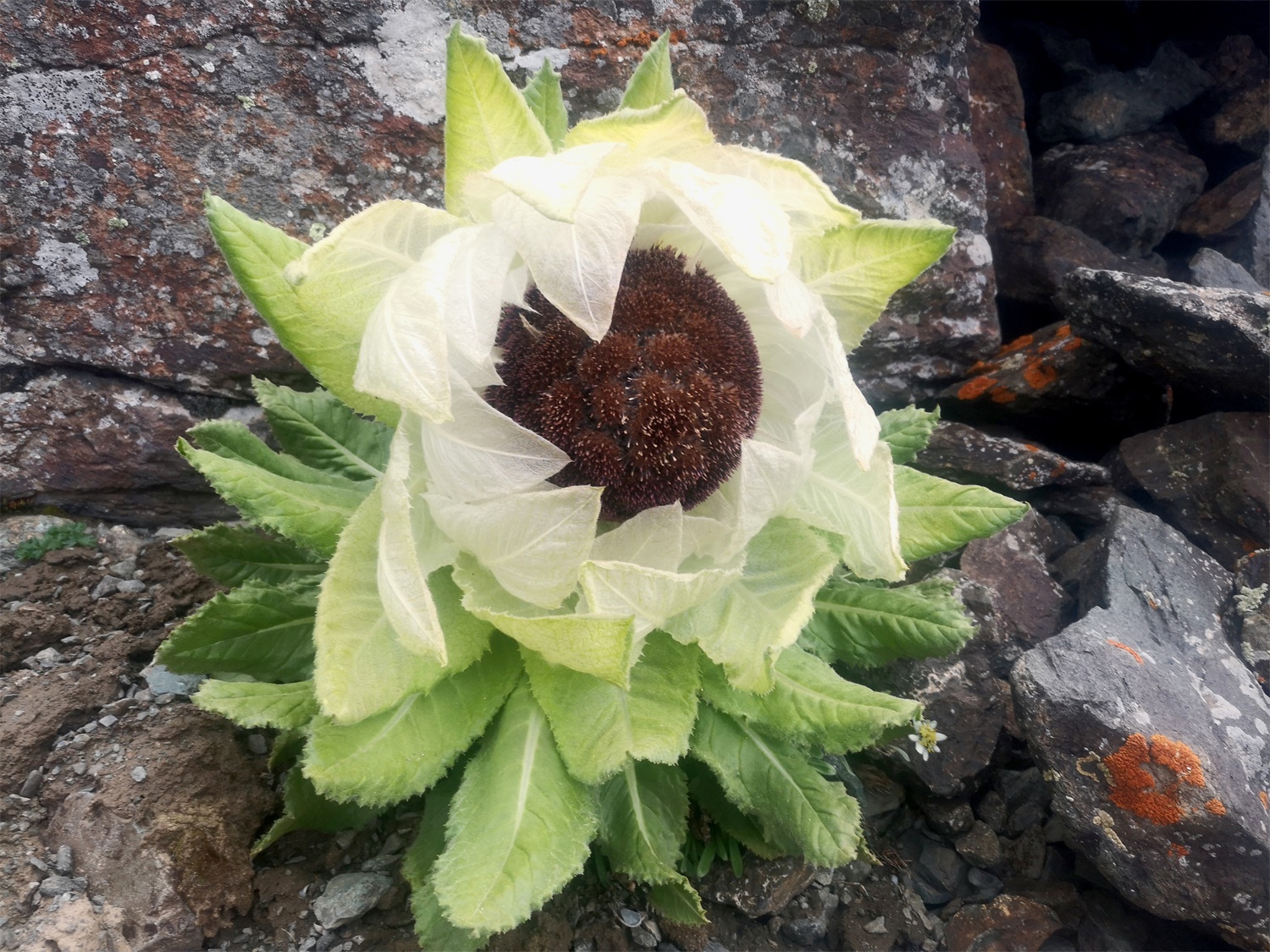
2. Watering: the growth environment of Saussurea involucrata is relatively humid, so if artificial breeding is tried, it is also necessary to provide such a growth environment. The soil should not be too dry, but there should be no ponding in the process of watering, otherwise its normal growth may be limited

3. Light: Saussurea involucrata can withstand the irradiation of strong light and the moisture of weak light. It can grow well in light or dark environment. Therefore, it is the change of this environment that can make it grow more robust and its color more transparent and clear

4. Fertilization: there is no great requirement for fertilizer. If it is cultivated artificially, fertilizer can be applied regularly every half a month before flowering, and the amount of fertilization should be strictly controlled to ensure that it can be absorbed normally and there will be no excess nutrition

2、 Breeding skills
1. Reproduction: sowing is the main way of reproduction. Its seeds are very rare, so we must find the most suitable way to promote germination, so as to determine that it can germinate. We must soak it in 50 degrees of hot water, and then use some chemicals to treat the seeds

2. Pruning: generally, it does not need pruning itself, but there will be some weeds around it, so these weeds need to be cleaned to reduce the impact of weeds on its growth by absorbing all nutrients

3、 Diagnosis and treatment problems
1. Diseases: diseases rarely occur. Because of its poor growth environment, it is difficult for general bacteria to breed, so there is no need to worry about the emergence of diseases

2. Pests: the occurrence of pests is also relatively small, because there are few pests in the severe cold environment

4、 Other issues
1. Toxicity: no poison, its medicinal value is very high, and it is also very rare

2. Whether it can be raised at home: not suitable. The temperature at home cannot meet its growth conditions


 jackfruit
jackfruit snake plant
snake plant hibiscus
hibiscus hydrangea
hydrangea lavender
lavender Green roses climb al...
Green roses climb al... If you don't pay att...
If you don't pay att... Management of four g...
Management of four g...

